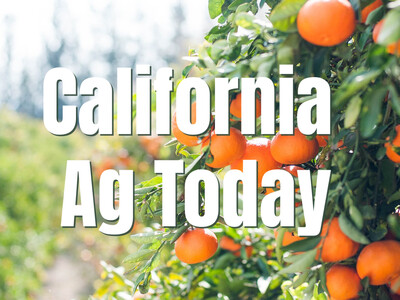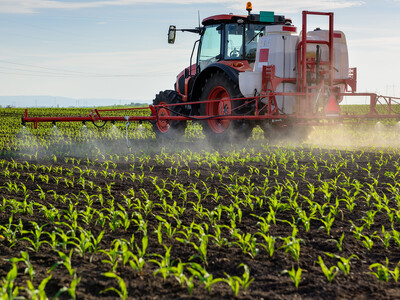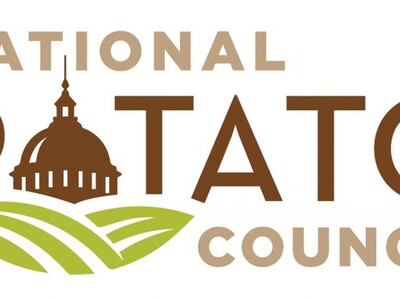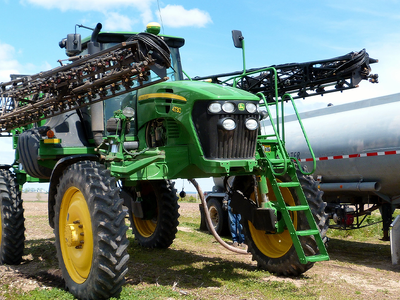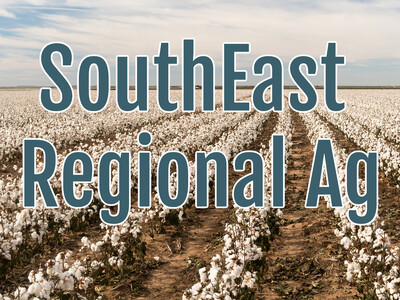Reducing Cattle Methane Emissions

Tim Hammerich
News Reporter
Ruminants like cattle, sheep and goats have the amazing ability to convert grasses into delicious meat and dairy foods. However, there is a downside. The by-product of this process is methane gas which is a greenhouse gas that is burped out as part of their digestion. However, Joan Salwen and her team at Blue Ocean Barn have commercialized a feed amendment made from seaweed that can reduce these emissions by more than 80%.
Salwen… “Scientists have known for a long time that there's a whole suite of low molecular weight compounds that if they are put into an anaerobic environment like the rumen, that it will interrupt the process of methane gas production.”
But Salwen says those compounds were not able to be consistently effective in a cow’s diet. But they were able to crack their code with their proprietary seaweed product called Brominata.
Sawlen… “Nobody can describe how mother nature engineered the seaweed to be so much more effective than the compounds alone. But just like cows like photosynthesizing organisms all the way around. They love clover and oats and hay and whatever. And this is just another one of those. It's essentially a dried grass out of the marine environment. And in that form, it's highly digestible and usable by the cow.”
Learn more at www.BlueOceanBarns.com.




